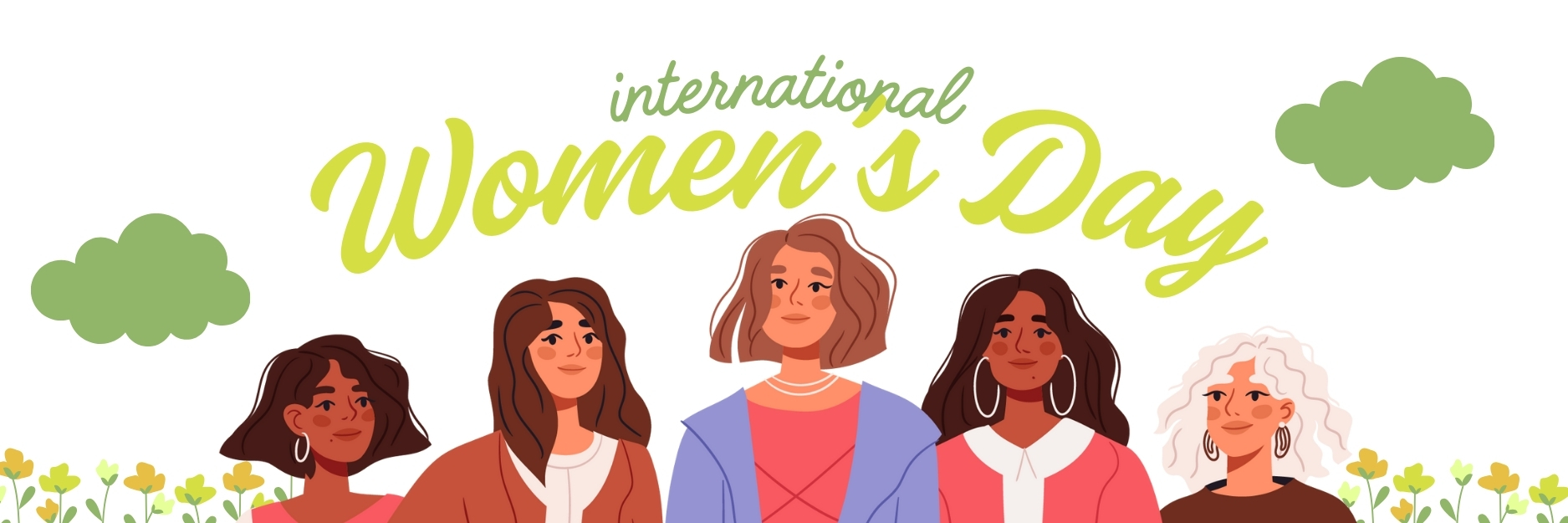The Hidden Burdens Women Face
This International Women’s Day, we honour the strength, resilience, and achievements of women. But we must also confront an urgent health crisis: Australia now leads the world in young-onset colorectal cancer, with women facing unique challenges from diagnosis through survivorship.
For women in their 30s and 40s, a colorectal cancer diagnosis comes at a pivotal moment—balancing careers, raising children, and planning for the future. Yet, too often, they face delays, biases, and unnecessary barriers at every stage of their cancer journey.
Diagnosis Delays
“You’re too young for bowel cancer.” Young, healthy-appearing women are often dismissed when reporting symptoms, leading to later-stage diagnoses and worse outcomes.
Pregnancy-related misdiagnoses. Symptoms of colorectal cancer—fatigue, bloating, constipation—can be mistaken for normal pregnancy changes, delaying critical treatment.
Challenges During Treatment
The burden of self-advocacy: Women who push for answers are frequently labeled as “difficult” or “hostile,” despite research showing that self-advocacy leads to better health outcomes.
Lack of involvement in medical decisions: Many women report feeling excluded from key treatment decisions, with elevated psychological distress linked to lower involvement and a mismatch between their preferred and actual role in decision-making.
The Struggles of Survivorship
Caregiving while recovering: Women are often primary caregivers, and that doesn’t change after cancer. The emotional and physical toll of managing a household while still having treatment or healing is immense.
Career setbacks: Many women pause their careers for treatment, only to face job insecurity, financial strain, and difficulties re-entering the workforce.
Unseen long-term effects: Ongoing symptoms like fatigue, infertility, and bowel dysfunction often go unheard and unaddressed, due to gender biases.
What Needs to Change?
We must do better for women facing colorectal cancer. We need healthcare systems that listen to women, take their symptoms seriously, and provide equitable care.
That means:
– Earlier screening and faster diagnosis for young women at risk.
– Ending gender biases in symptom assessment and treatment decisions.
– Empowering patient-centred care that supports women beyond survival—through recovery, caregiving, and career reintegration
We can do better to bridge this gap. We need to establish care models around cancer treatments that empower patient-partnered, shared decision making collaborations, recognising, acknowledging, and being especially mindful of disparities faced by women in a health crisis.
Dr Prasad Cooray
14th February 2025


